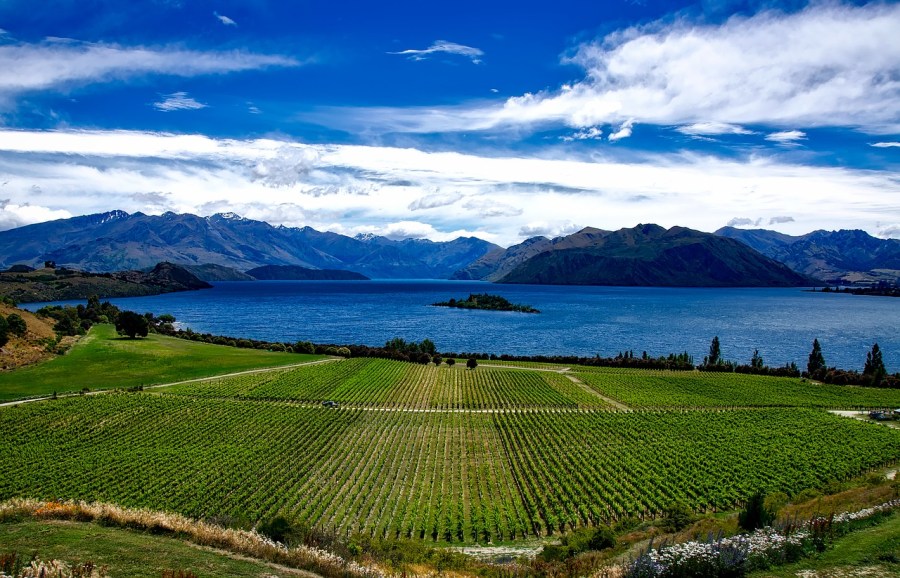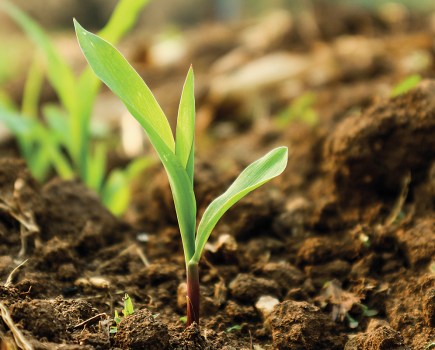Fancy the chance of winning a place on a 12-day farm innovation tour of New Zealand later this year? The tour will focus on the trials, farming practices and new technologies that deliver the world’s highest yielding wheat crops.
To be eligible, arable farmers are being invited to download an app developed to log product purchases by scanning QR codes on the side of each can. Those buying and scanning over 150 litres of Adexar and or Librax will be entered into the prize draw to join the trip.
Purchases of just five cans or more will enter farmers into a draw to win one of 150 pairs of Le Chameau wellington boots, and everyone who buys any adexar or librax will receive an insulated ‘mighty mug’.
The tour, which will include both the North and South Islands, will be fully-funded by BASF and will run from 24 November until 7 December 2018. There will be 15 places available.
“The innovation tour will combine farm visits, trials tours and will give those attending the opportunity to talk to farmers who are existing in the world without subsidies,” says BASF’s Tim Short.
“We’re also adding in visits to explore how new and old technologies are being used to deliver some of the biggest wheat yields in the world, plus we will visit farm trials of our new cereal fungicide, Revysol.”
“Applying the best fungicides at T1 and T2 offers good kickback against latent septoria infection as well as strong protective activity against future attacks.”
Eight years of independent and BASF trials work shows that Xemium, which is present in Adexar and Librax, is the most curative of the SDHIs, he adds.
Over the past three very different seasons, in 113 comparisons, adexar delivered an extra 0.2t/ha over aviator in conventional plot trials. New work shows the molecule is maintaining a lead over newer SDHIs.
“In three independent trials carried out by ADAS, NIAB TAG and SRUC in 2017 on KWS Santiago, Adexar applied at T1 and again at T2 delivered the biggest margin compared with other SDHI combinations tested.”
The Adexar sequence produced a yield of 11.2t/ha and a margin over input cost of £225/ha, while the best of the other sequences was 0.1-0.2t/ha adrift and produce margins over input costs that were £20-30/ha lower.
“These results show that if you don’t use Adexar at T1 and T2, you lose margin, even in a low/late disease year like 2017.”
Librax showed even better curative properties than Adexar against septoria last year, and is now the standard recommendation at T2, at 1.25 litres/ha + CTL, following Adexar at 1 l/ha + CTL.
To get involved, download the app at www.basfrealresults.co.uk and start logging purchases from today. The draw will take place on 18 July 2018.




